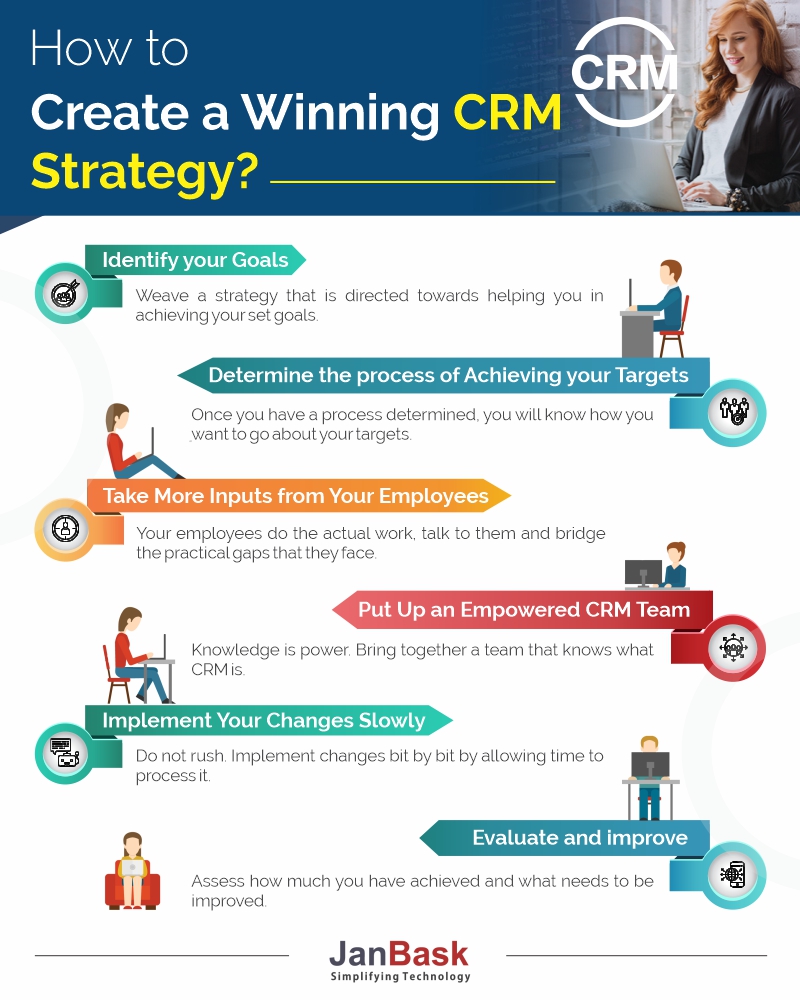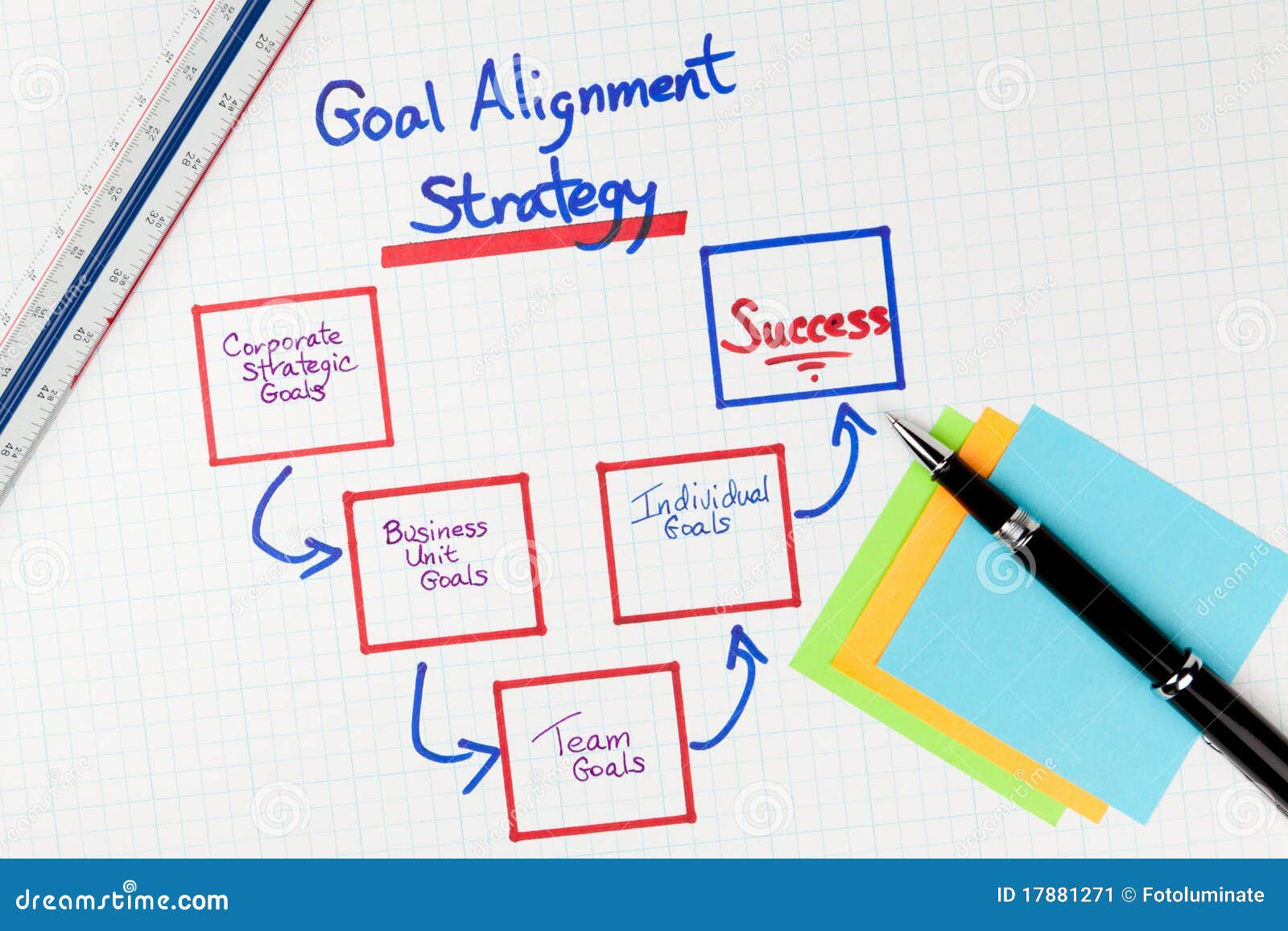"Rev Up Your Sales Game: Aligning CRM with Business Goals for Success"
"Rev Up Your Sales Game: Aligning CRM with Business Goals for Success"

"Rev Up Your Sales Game: Aligning CRM with Business Goals for Success"
As a business owner or sales representative, you’ve probably heard the buzz about Customer Relationship Management (CRM) systems. But what’s the big deal? Why should you care about CRM? In simple terms, CRM is like your ultimate sales BFF (best friend forever) that helps you stay on top of customer interactions, nurture leads, and ultimately drive revenue. But here’s the thing: just having a CRM isn’t enough – you need to align it with your business goals to see real results.
In this article, we’ll break down the importance of aligning CRM with business goals, provide actionable tips on how to do it, and share some awesome success stories. Whether you’re a 13-year-old prodigy starting your first business or a seasoned entrepreneur, you’ll want to read on to learn how to supercharge your sales with CRM.
What is CRM, and why should I care?
Before we dive into aligning CRM with business goals, let’s review what CRM is and why it’s essential for your business. Customer Relationship Management is a system that stores all your customer interactions, data, and insights in one place. It helps you manage sales, marketing, and customer service activities, providing a 360-degree view of your customers.
Think of CRM as your virtual filing cabinet, contact database, and project manager rolled into one. With a robust CRM, you can:
- Store customer data, such as contact info, purchase history, and preferences
- Manage leads and track their journey through the sales funnel
- Assign tasks and follow-ups to team members
- Analyze sales performance and identify areas for improvement
- Automate repetitive tasks, like email follow-ups and data entry

Having a CRM system in place is crucial for businesses of all sizes, from solo entrepreneurs to large corporations. It helps you streamline processes, reduce errors, and increase productivity, ultimately leading to better customer experiences and more sales.
Why align CRM with business goals?
So, why is it essential to align CRM with business goals? Think of CRM as your roadmap to success. If you don’t connect your CRM to your business objectives, you’ll be driving blindfolded, relying on chance and luck to reach your destination. By aligning CRM with your business goals, you’ll ensure that every sales activity, marketing campaign, and customer interaction supports your overall objectives.
Here are some key benefits of aligning CRM with business goals:
- Improved Sales Performance: With a clear understanding of your business goals, you can tailor your sales strategies to drive revenue and growth.
- Efficient Resource Allocation: By aligning CRM with business goals, you can focus on the most valuable sales activities and delegate tasks more effectively.
- Enhanced Customer Experiences: By tracking customer preferences and behaviors, you can deliver more personalized, relevant interactions that drive loyalty and advocacy.
- Data-Driven Decision-Making: With CRM insights and analytics, you can make informed decisions about sales strategies, pricing, and product development.
How to align CRM with business goals
Now that we’ve covered why aligning CRM with business goals is crucial, let’s explore how to do it.
Step 1: Define Your Business Objectives
Begin by clearly defining your business goals. Consider these questions:
- What are your revenue and growth targets?
- What are your key performance indicators (KPIs), such as customer acquisition, retention, and satisfaction?
- What are your marketing and sales strategies?
- What sets you apart from your competitors?
Step 2: Set Up Your CRM for Success
Next, set up your CRM to support your business goals. This includes:
- Configuring workflows: Create standard workflows for sales, marketing, and customer service to streamline processes.
- Defining roles and permissions: Set up roles and permissions to ensure that team members have access to relevant data and features.
- Setting up dashboards and reports: Create customized dashboards and reports to track KPIs and performance metrics.
Step 3: Track and Analyze CRM Data
Now that your CRM is set up, it’s time to start tracking and analyzing data. This includes:
- Storing customer data: Ensure that all customer interactions, preferences, and behaviors are stored in your CRM.
- Analyzing sales performance: Track sales metrics, such as sales velocity, conversion rates, and deal values.
- Identifying patterns and trends: Use CRM analytics to identify areas for improvement and insights to inform sales strategies.
Step 4: Adjust and Refine
Lastly, continually adjust and refine your CRM setup and sales strategies based on data insights. This might involve:
- Updating workflows: Refine your workflows to optimize sales performance and reduce errors.
- Adjusting targeting: Use CRM data to refine your targeting and lead generation strategies.
- Developing new marketing campaigns: Use CRM insights to create targeted marketing campaigns that resonate with your audience.
Real-Life Examples of Aligned CRM Success
Here are some inspiring examples of businesses that aligned CRM with business goals and achieved remarkable results:
- HoneyBook: By using CRM to track customer interactions and analyze sales data, HoneyBook, a creative services platform, was able to reduce sales cycles by 50% and boost revenue by 300%.
- Zach Jensen: A business consultant, Zach Jensen, used CRM to streamline sales processes and grow his business revenue by 400% within a year.
Conclusion: Unlock the Power of CRM with Business Goals
In conclusion, aligning CRM with business goals is essential for achieving sales success and driving revenue growth. By defining your business objectives, setting up your CRM for success, tracking and analyzing CRM data, and continually refining your approach, you’ll unlock the full potential of your CRM system. Whether you’re just starting or scaling your business, aligning CRM with business goals will help you stay focused, efficient, and profitable.
Remember, CRM is like your ultimate sales companion. With a clear understanding of your business goals and CRM setup, you’ll be unstoppable on the road to sales success!
Actionable Takeaways:
- Define your business objectives and key performance indicators (KPIs).
- Set up your CRM to support your business goals, including workflows, roles, and permissions.
- Track and analyze CRM data to identify areas for improvement.
- Continually adjust and refine your CRM setup and sales strategies based on data insights.
Get Started with CRM Today
Sign up for a CRM trial or schedule a demo to experience the benefits of customer relationship management for yourself. Remember, aligning CRM with business goals takes time and effort, but the payoffs are worth it.
